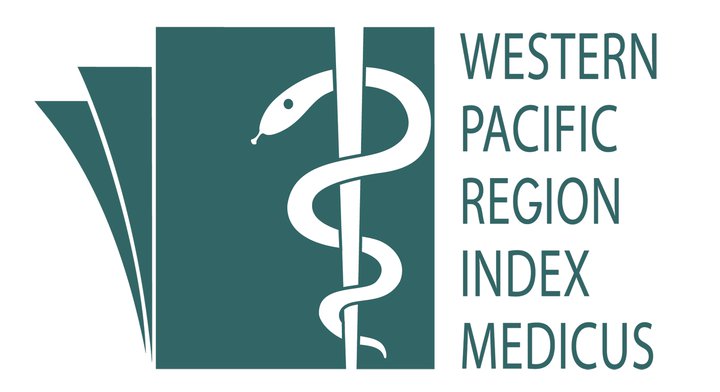Demographic Characteristics Associated with Missed Follow-Up Appointments among Tuberculosis Patients at Hospital Shah Alam, Selangor: A Retrospective Study from January to June 2023
Keywords:
Tuberculosis, Defaulter, Treatment, Loss to follow-up, Missed appoinmentAbstract
Introduction:
Tuberculosis (TB) patients default their treatment during the treatment course. Therefore, this study aims to analyze the demographic characteristics of the patient who missed follow-ups and identify the reasons for missed appointments or defaulted their treatment.
Methods:
The records of patients diagnosed with TB follow-up at the chest clinic from January to June 2023 were reviewed based on our inclusion and exclusion criteria.
Results:
The retrospective descriptive analysis was conducted based on the data collected. Based on the study sample (n=33), the result shows that the majority of the defaulted patients were male in gender (n=22). Most of the missed appointments patients and defaulters are of Malay (39.4%) ethnicity and Malaysian nationality (66.7%). Most patients gave the transport issues as the reason for missed appointments followed by financial issues and feeling healthy. The majority of them missed follow-up in the first month after starting anti-TB.
Conclusions:
In conclusion, missed appointments, treatment compliance and defaulted cases in TB treatment remain as one of the main challenges in the effort to end TB epidemics. Further in-depth research is required to propose effective measures to solve this issue and improve the national TB control program.
Downloads
Published
How to Cite
Issue
Section
License
Copyright (c) 2024 Ahmad Zhafir Zulkfli@Zulkifli, Rabiatul Adawiyah Md Salleh, Nur Farha Omar

This work is licensed under a Creative Commons Attribution-NonCommercial 4.0 International License.
IJPHR applies the Creative Commons Attribution (CC BY) license to articles and other works we publish. If you submit your paper for publication by IJPHR, you agree to have the CC BY license applied to your work. Under this Open Access license, you as the author agree that anyone can reuse your article in whole or part for any purpose, for free, even for commercial purposes. Anyone may copy, distribute, or reuse the content as long as the author and original source are properly cited. This facilitates freedom in re-use and also ensures that IJPHR content can be mined without barriers for the needs of research.






